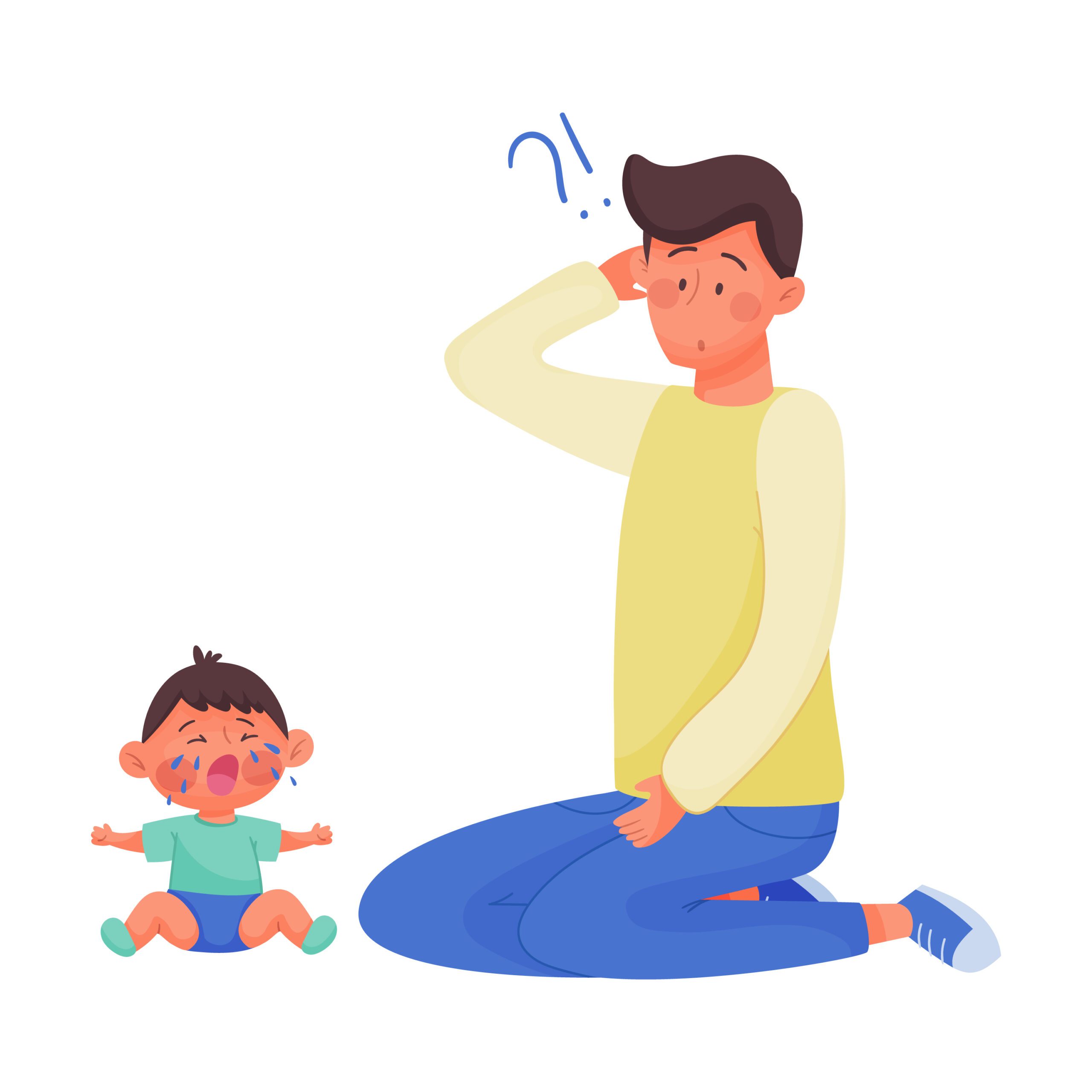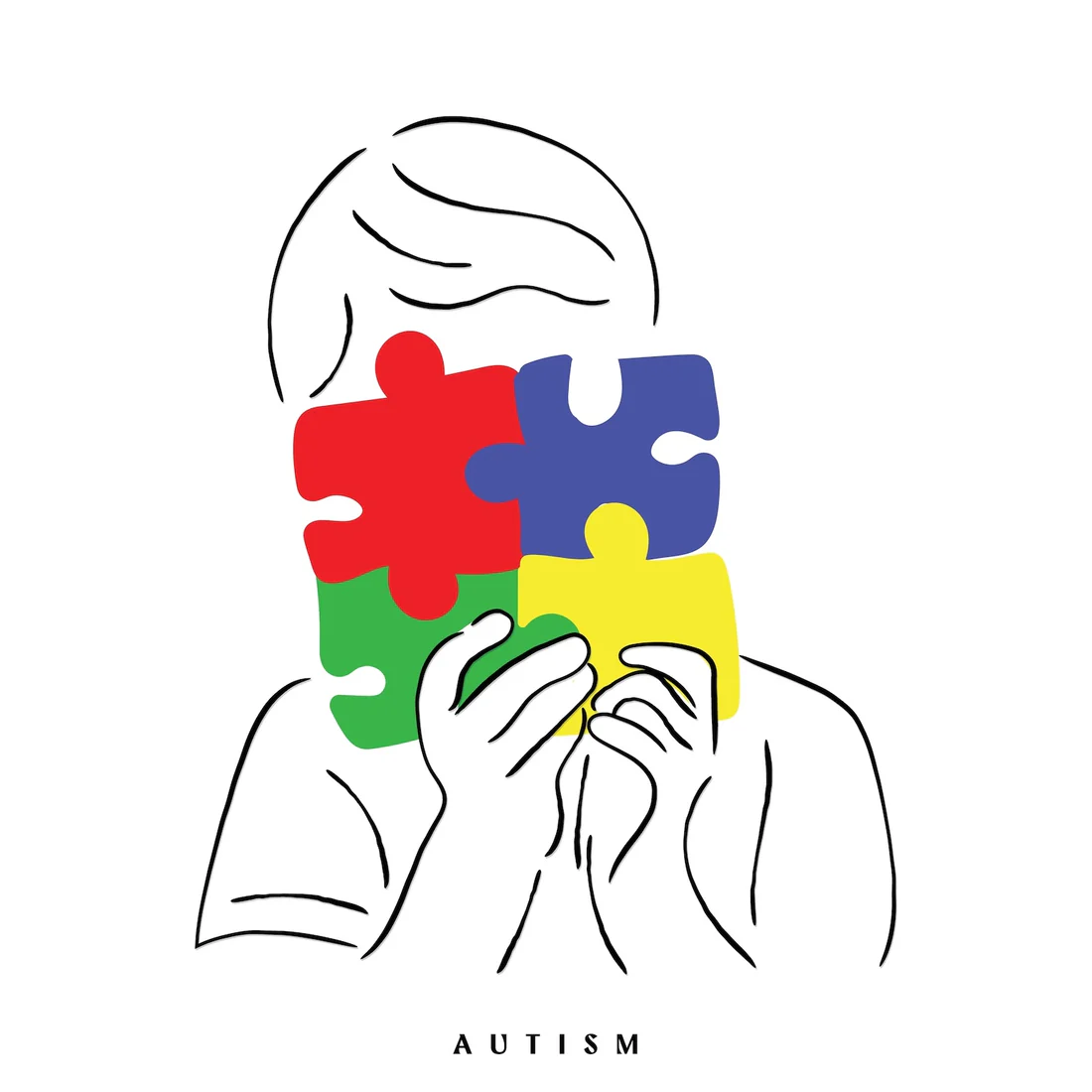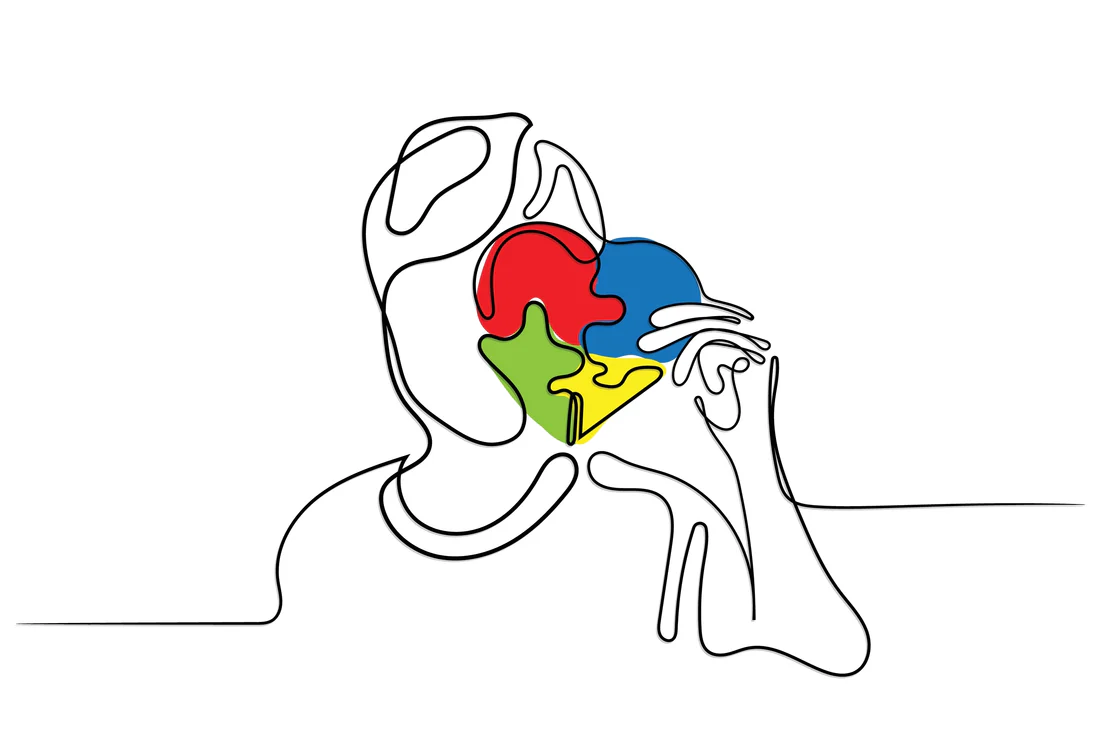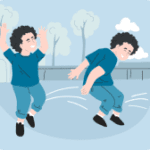Orthopedic, Mobility, & Post-Surgical Rehab
- Knee Surgery & ACL Rehab: Find Therapy After Knee Replacement
- Post-Shoulder Surgery Rehab: Rotator Cuff & Labral Repair Recovery
- Post-Hip Replacement Rehab: Recovery & Therapy
- Back Surgery Rehab & Recovery Therapy | Expert Rehab Plans
- Frozen Shoulder Adhesive Capsulitis Rehab
- Tendonitis Rehab & Treatment | Achilles, Patellar & Rotator Cuff Tendonitis Therapy
- Low Back Pain Rehab & Therapy | Expert Treatment & Recovery
- Sciatica Pain Relief & Rehab Therapy | Find Trusted Sciatica Specialists
- Neck Pain: Causes, Treatment & Therapists Near You
- Chronic Pain & Fibromyalgia: Causes, Relief & Therapy
- Torticollis in Babies & Adults: Causes, Symptoms & Therapy
- Toe Walking in Children: Causes, Therapy Options & When to Worry
- Scoliosis in Children and Teens: Symptoms, Treatment & Therapy Support
Chronic Pain & Fibromyalgia: Causes, Relief & Therapy

Authored by: The DrSensory Editorial Team
Reviewed by: 🛡️ DrSensory Clinical Review Board – Doctor of Therapy Rehab Division
Last updated: June 2025
- What Causes Chronic Pain and Fibromyalgia?
- Evidence-Based Treatments for Chronic Pain & Fibromyalgia
- Finding the Right Therapist for Chronic Pain or Fibromyalgia
- How Therapists Can Help You Take Control
- Fibromyalgia & Chronic Pain Flare-Ups – How to Identify and Manage
- What Is Fibro Fog? Understanding Brain Fog in Fibromyalgia
- Sleep and Fibromyalgia – Breaking the Pain-Insomnia Cycle
- Diet and Fibromyalgia – Can Food Affect Your Pain?
- Mental Health and Chronic Pain – You’re Not Alone
- How Is Fibromyalgia Diagnosed? What to Expect
- Frequently Asked Questions
Chronic Pain & Fibromyalgia – Causes, Treatment & Therapist Support
What Is Chronic Pain?
Chronic pain is defined as pain that lasts longer than 3 months and can persist even after an injury has healed. It affects more than 50 million adults in the U.S. alone and often leads to fatigue, depression, and decreased function. Unlike acute pain, chronic pain becomes a condition of its own and requires a multidisciplinary treatment approach.
What Is Fibromyalgia?
Fibromyalgia is a complex chronic pain disorder characterized by:
- Widespread musculoskeletal pain
- Fatigue
- Sleep disturbances
- Brain fog (“fibro fog”)
- Mood issues such as anxiety or depression
Though its exact cause is unknown, researchers believe it involves abnormal pain perception processing in the brain and nervous system.
Common Symptoms of Chronic Pain & Fibromyalgia
Physical Symptoms
- Persistent muscle or joint pain
- Tender points (especially in fibromyalgia)
- Headaches
- IBS or pelvic pain
- Sleep disturbances
Cognitive & Emotional Symptoms
- Memory problems (“fibro fog”)
- Anxiety or depression
- Sensory sensitivity (light, noise, touch)
What Causes Chronic Pain and Fibromyalgia?
Central Sensitization
The nervous system becomes hypersensitive to pain, even in the absence of injury.
Past Injuries or Illness
Chronic pain can stem from trauma, surgery, infections, or other underlying conditions.
Genetics and Environmental Triggers
Fibromyalgia often runs in families and can be triggered by physical or emotional stress.
Evidence-Based Treatments for Chronic Pain & Fibromyalgia
Physical Therapy (PT)
PTs use graded exercise, manual therapy, and desensitization techniques to reduce pain and improve mobility.
Occupational Therapy (OT)
OTs help patients manage fatigue, modify daily routines, and conserve energy to reduce flare-ups.
Speech-Language Pathology (SLP)
SLPs may support cognitive-linguistic issues like brain fog, speech clarity, and communication fatigue.
Other Integrative Therapies
- Cognitive Behavioral Therapy (CBT)
- Pain neuroscience education
- Biofeedback
- Gentle exercise (Tai Chi, yoga, aquatic therapy)
- Mindfulness and meditation
Finding the Right Therapist for Chronic Pain or Fibromyalgia
At DrSensory, we connect you with licensed and vetted:
- Physical Therapists (PTs) for pain and movement
- Occupational Therapists (OTs) for lifestyle adaptation
- Speech-Language Pathologists (SLPs) for cognitive and communication support
How Therapists Can Help You Take Control
- Restore physical function and reduce flare-ups
- Build pacing strategies to avoid “boom-bust” cycles
- Teach mindfulness-based coping skills
- Improve quality of life, sleep, and independence
Fibromyalgia & Chronic Pain Flare-Ups – How to Identify and Manage
What Is a Flare-Up?
A flare-up is a sudden and often severe increase in chronic pain symptoms that can last for days or even weeks. Common in both chronic pain and fibromyalgia patients, flare-ups disrupt daily life and can be triggered by physical, emotional, or environmental factors.
Common Flare-Up Triggers
- Physical exertion beyond energy limits
- Poor sleep or irregular routines
- Weather changes (especially humidity and cold)
- Emotional stress or anxiety
- Dietary changes (processed foods, sugar, alcohol)
How to Prevent Flare-Ups
- Use pacing techniques (OTs teach activity/rest balance)
- Maintain regular sleep and meal schedules
- Avoid known dietary or environmental triggers
- Monitor stress levels and use relaxation methods (e.g., deep breathing, mindfulness)
What to Do During a Flare-Up
- Reduce physical demands
- Use cold or heat therapy as prescribed
- Perform gentle stretching or movement (guided by PT)
- Practice self-compassion — this is not a setback, but a signal
What Is Fibro Fog? Understanding Brain Fog in Fibromyalgia
What Is Fibro Fog?
Fibro fog refers to cognitive dysfunction experienced by many with fibromyalgia. It affects attention, memory, word recall, and the ability to focus, making daily tasks feel frustrating or overwhelming.
Symptoms of Fibro Fog
- Forgetting words mid-sentence
- Misplacing items
- Losing track of conversations
- Difficulty multitasking or processing new info
How Therapists Can Help
- SLPs offer cognitive-linguistic training to improve word recall and processing
- OTs teach compensatory strategies like planners, timers, and environment structuring
- Mindfulness and breathing techniques can enhance focus and clarity
Home Strategies to Improve Focus
- Break tasks into smaller chunks
- Keep a consistent daily routine
- Limit sensory distractions
- Stay hydrated and avoid sugar crashes
Sleep and Fibromyalgia – Breaking the Pain-Insomnia Cycle
Why Fibromyalgia Disrupts Sleep
Up to 80% of people with fibromyalgia report sleep problems, including difficulty falling asleep, staying asleep, or waking unrefreshed. Poor sleep increases sensitivity to pain and worsens fatigue and fibro fog.
Common Sleep Disturbances
- Insomnia
- Restless legs syndrome
- Sleep apnea
- Night sweats or light sleep
Sleep Strategies That Work
- Establish a calming wind-down routine (no screens, dim lighting)
- Go to bed and wake up at the same time daily
- Avoid caffeine after noon
- Use white noise or blackout curtains
How Therapists Help with Sleep
- OTs recommend environment and sensory regulation changes
- PTs address pain and muscle tightness impacting rest
- CBT-I (Cognitive Behavioral Therapy for Insomnia) is proven effective for chronic conditions
Diet and Fibromyalgia – Can Food Affect Your Pain?
The Fibromyalgia–Diet Connection
While no single diet “cures” fibromyalgia, nutrition plays a powerful role in managing symptoms. Many patients report fewer flare-ups and less fatigue with specific eating patterns.
Foods That May Worsen Symptoms
- Processed foods
- Refined sugar
- Gluten (for some individuals)
- Caffeine and alcohol
- Aspartame and other additives
Foods That May Help
- Anti-inflammatory foods (berries, leafy greens, turmeric, omega-3s)
- Whole grains and high-fiber vegetables
- Lean proteins
- Hydrating foods (watermelon, cucumbers)
Working with a Therapist or Dietitian
While DrSensory focuses on therapy, many OTs integrate meal prep support and routine planning into therapy. Pairing therapy with nutritional guidance helps optimize your healing environment.
Mental Health and Chronic Pain – You’re Not Alone
Emotional Health Matters
Living with chronic pain or fibromyalgia takes a toll on your mental health, especially if you’re dealing with invalidation, isolation, or reduced independence.
Common Mental Health Challenges
- Anxiety and panic attacks
- Depression and hopelessness
- PTSD (especially post-trauma pain)
- Social withdrawal
Therapy Approaches That Help
- Cognitive Behavioral Therapy (CBT)
- Mindfulness-Based Stress Reduction (MBSR)
- OT-guided energy management and self-care planning
- SLP support for processing emotional language and social connection
When to Seek Additional Support
If you are having suicidal thoughts or feel unsafe, contact the 988 Suicide & Crisis Lifeline. Therapy is part of your care team — not your only support.
How Is Fibromyalgia Diagnosed? What to Expect
Diagnosis – What Doctors Look For
There’s no single test for fibromyalgia, which often leads to frustration and delayed diagnosis. However, criteria developed by the American College of Rheumatology help clinicians assess symptoms and rule out other causes.
ACR Diagnostic Criteria (Updated 2010 & 2016)
- Widespread pain in at least 4 of 5 regions
- Symptoms lasting at least 3 months
- Accompanied by fatigue, sleep issues, or cognitive symptoms
- No other underlying cause found
What Happens During Diagnosis
- Review of your health history
- Physical exam
- Blood tests to rule out thyroid disease, lupus, RA, or vitamin deficiencies
- Optional: tender point testing
Frequently Asked Questions (FAQ)
What is the life expectancy of someone with fibromyalgia?
Fibromyalgia does not shorten life expectancy, but unmanaged symptoms can reduce quality of life. Supportive therapies improve daily function and outlook.
Can fibromyalgia cause weight gain?
Yes. Pain and fatigue may limit activity, while certain medications and sleep disturbances may impact metabolism.
Is fibromyalgia an autoimmune disease?
No, but it often coexists with autoimmune conditions like lupus or rheumatoid arthritis. It’s classified as a central pain syndrome.
Is fibromyalgia real?
Yes. Recognized by the CDC, WHO, and NIH, fibromyalgia is a validated chronic pain condition backed by decades of neurological research.
Can you work with fibromyalgia?
Yes. Many people continue working with accommodations. OTs help with workplace modifications and energy conservation strategies.
What’s the best therapy for fibromyalgia?
A combination of PT, OT, SLP, and mental health counseling provides the best long-term results for function, mood, and pain control.
This page provides general educational content and is not a substitute for professional medical advice. Always consult a licensed provider for diagnosis and treatment.
View privacy policy, copyright and trust info
More on Orthopedic, Mobility, & Post-Surgical Rehab

- Knee Surgery & ACL Rehab: Find Therapy After Knee Replacement
- Post-Shoulder Surgery Rehab: Rotator Cuff & Labral Repair Recovery
- Post-Hip Replacement Rehab: Recovery & Therapy
- Back Surgery Rehab & Recovery Therapy | Expert Rehab Plans
- Frozen Shoulder Adhesive Capsulitis Rehab
- Tendonitis Rehab & Treatment | Achilles, Patellar & Rotator Cuff Tendonitis Therapy
- Low Back Pain Rehab & Therapy | Expert Treatment & Recovery
- Sciatica Pain Relief & Rehab Therapy | Find Trusted Sciatica Specialists
- Neck Pain: Causes, Treatment & Therapists Near You
- Chronic Pain & Fibromyalgia: Causes, Relief & Therapy
- Torticollis in Babies & Adults: Causes, Symptoms & Therapy
- Toe Walking in Children: Causes, Therapy Options & When to Worry
- Scoliosis in Children and Teens: Symptoms, Treatment & Therapy Support
Find a Therapist near you
Are you looking for a physical, occupational, or speech therapist in your area?
Look no further than the DrSensory Therapist Database and Clinic Directory!
Find a Therapist
Find the physical therapist, occupational therapist, or speech language pathologist you’re looking for!
Ask Us Anything
Whether you are looking for advice, have a general question about sensory processing, or looking for resources.
Submit Your Story
Share your story about your child. Let’s celebrate milestones and learn more about challenges.








































 Speech Therapy
Speech Therapy Physical Therapy
Physical Therapy Occupational Therapy
Occupational Therapy




